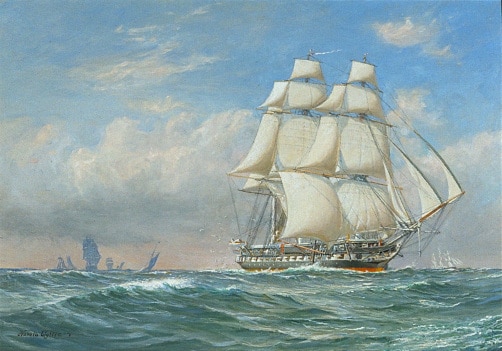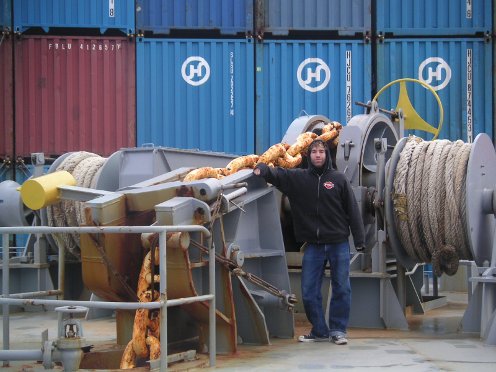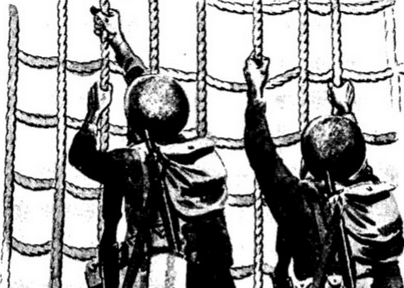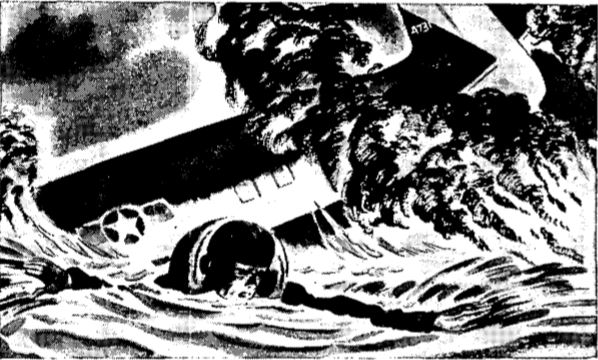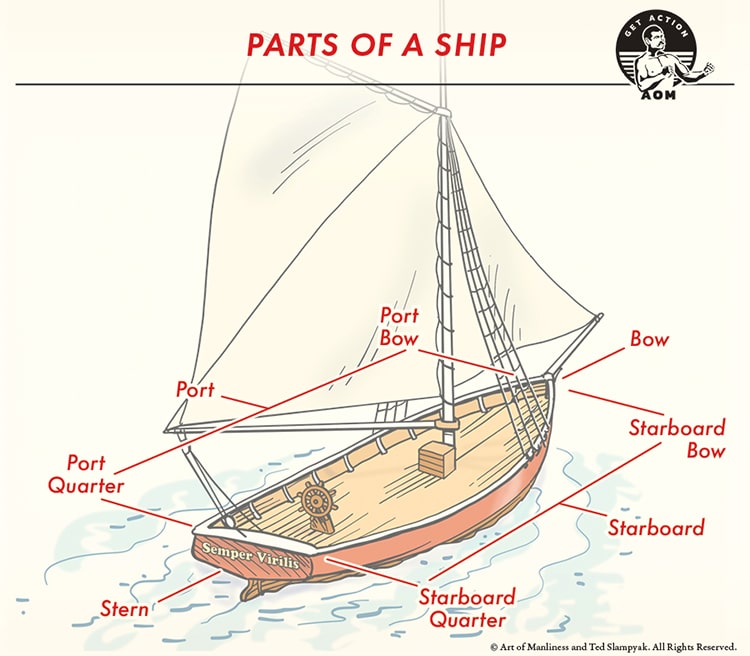
When you’re taking a trip on a nautical vessel, you may hear the crew talking about seeing something off the starboard side of the ship. And when you’re reading about famous naval battles, you may come across lines like, “The ship started taking fire on the port side.”
Hopefully, these terms don’t have you scratching your head.
Even if you’re a certified landlubber, you should be familiar with the special terminology that describes the parts of a ship.
The big differentiation to understand is between starboard and port:
When looking at the bow of a ship, or the front, starboard is the right side of the ship, and port is the left side.
Why not just say “left side of the boat” or “right side of the boat”? Because if a sailor is facing the stern, or back, of the ship, his left and right are going to be different than the left and right of a sailor facing the front. Starboard and port provide fixed and unambiguous reference points. When a captain says, “Go check the starboard side of the ship,” a sailor facing the stern will know the captain meant to check the side of the ship that would be the right side if he were facing the bow.
Why starboard and port? Here’s the etymology from Wikipedia:
The term starboard derives from the Old English steorbord, meaning the side on which the ship is steered. Before ships had rudders on their centrelines, they were steered with a steering oar at the stern of the ship on the right hand side of the ship, because more people are right-handed. . . .
Since the steering oar was on the right side of the boat, it would tie up at the wharf on the other side. Hence the left side was called port.
Beyond starboard and port, names are given for different corners of a ship. If you wanted to refer to the upper part of the ship on the right side, you’d say “starboard bow”; for the upper part on the left side, it’s “port bow.” For the rear right side, you’d say “starboard quarter”; for the rear left side, you’d say “port quarter.”
Now you know the ropes of the basic parts of a ship (and did you know that “know the ropes” is just one of the many phrases of nautical slang to make it into common usage)? Go ahead and sing a classic sea shanty to celebrate.
Illustration by Ted Slampyak


